
A Minnesota court rejected ex-Minneapolis police officer, Derek Chauvin’s appeal for a new trial over the killing of George Floyd, which means his 22-and-a-half-year state-issued sentence remains in place.
The decision was made by the Minnesota Court of Appeals on Monday April 17, in response to a claim made by Chauvin in January that excessive publicity, among other things, prejudiced his trial.
His attorney also argued that excessive security, as well as the revelation that a juror attended a civil rights march, deprived Chauvin of a fair trial. But a three-judge panel sided with prosecutors, who said Chauvin got a fair trial and sentence.
It comes nearly three years after George Floyd was killed on May 25, 2020, after Chauvin knelt on his neck for more than nine minutes.
Hennepin County Judge Peter Cahill sentenced Chauvin in 2021 to 22 and a half years after jurors found him guilty of second-degree murder, third-degree murder and second-degree manslaughter.
Later that year he pleaded guilty to a separate federal civil rights charge and was sentenced to 21 years in federal prison, which he is now serving in Arizona, at the same time as his state sentence.
‘Police officers undoubtedly have a challenging, difficult, and sometimes dangerous job. However, no one is above the law,’ Appeals Judge Peter Reyes wrote for the panel.
‘When they commit a crime, they must be held accountable just as those individuals that they lawfully apprehend. The law only permits police officers to use reasonable force when effecting a lawful arrest. Chauvin crossed that line here when he used unreasonable force on Floyd,’ Reyes added.
Chauvin’s attorney, William Mohrman, argued on appeal that the trial judge should have moved the case out of Minneapolis because to excessive pretrial publicity and the extreme security measures that were in place during the trial.
‘The primary issue on this appeal is whether a criminal defendant can get a fair trial consistent with constitutional requirements in a courthouse surrounded by concrete block, barbed wire, two armored personnel carriers, and a squad of National Guard troops, all of which or whom are there for one purpose: in the event that the jury acquits the defendant,’ Mohrman said in oral arguments in January.
He argued that the pretrial publicity was the most extensive of any trial in Minnesota history, and that the judge should have moved the trial and sequestered the jury.
He also said the city’s $27 million settlement with Floyd’s family and unrest over the police killing of another black man in a Minneapolis suburb during jury selection prejudiced Chauvin’s trial.
His appeal also focused on one juror who participated in a civil rights event commemorating the Rev. Martin Luther King Jr.’s March on Washington, a few months after Floyd’s death. Only after the trial did the juror reveal that he had been there.
But Neal Katyal, a special attorney for the state, argued that Chauvin got ‘one of the most transparent and thorough trials in our nation’s history.’
‘Judge Cahill managed this trial with enormous care, and even if Chauvin could identify some minor fault, any error is harmless,’ Katyal said. ‘The evidence of Chauvin’s guilt was captured on video for the world to see.’
Bystander video captured Floyd’s cries of “I can’t breathe”. His death triggered protests around the world, some of which turned violent, and forced a national reckoning with police brutality and racism.
The appeals court ruling dictates that the trial judge did not abuse his discretion in deciding those issues.
Last year, Chauvin was transferred from the state prison to a federal prison, which is considered by many to be a far safer and less restrictive place to serve time.
In handing down the sentence, US District Judge Paul Magnuson told Chauvin: ‘For your actions, you must be held accountable.’
Chauvin’s sentence was doled out as 252 months in prison, but Judge Magnuson subtracted seven-months for time already served.
He pleaded guilty in December 2021 as part of a plea deal, admitting he violated Floyd’s civil rights by kneeling on the man’s neck and back.
Other police officers present at the time – J. Alexander Kueng, Thomas Lane, and Tou Thao – were also handed federal sentences.

Kueng, Lane and Thao were convicted of federal charges in February 2022. All three were convicted of depriving Floyd of his right to medical care and Thao and Kueng were also convicted of failing to intervene to stop Chauvin during the killing.
Lane, who is white, is serving a two and a half-year federal sentence at a facility in Colorado. He’s serving a three-year state sentence at the same time.
Kueng, who is black, was sentenced to three years on the federal counts. Thao, who is Hmong American, got a three and a half year federal sentence.





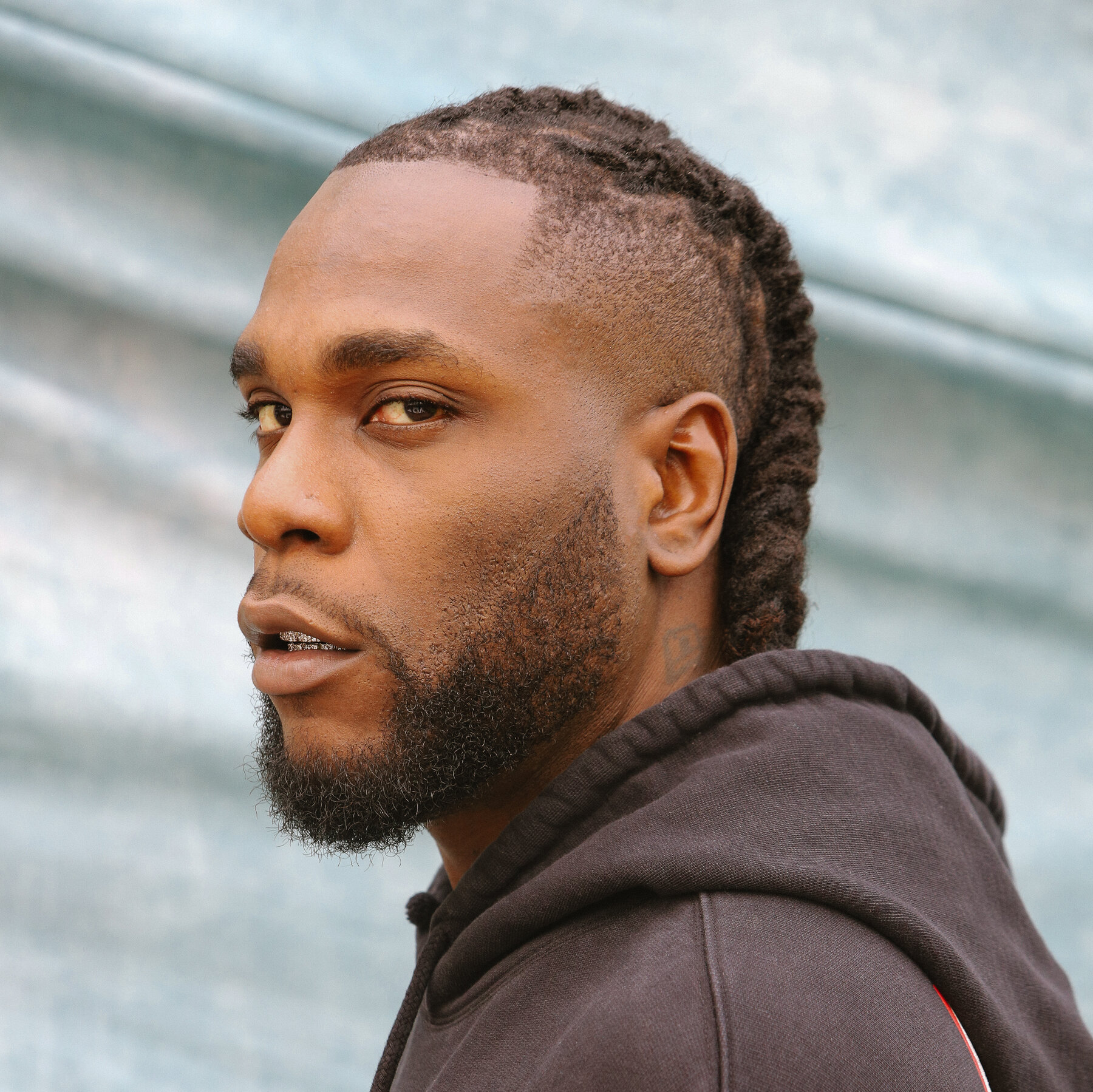


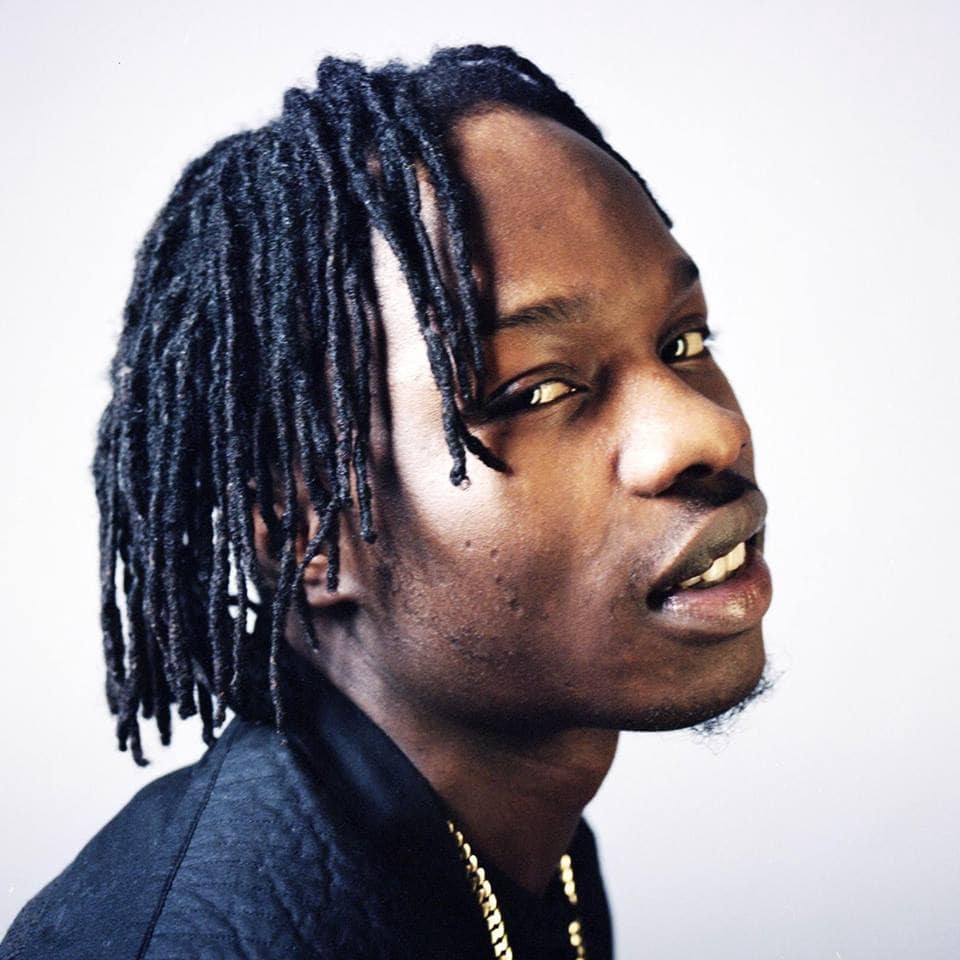
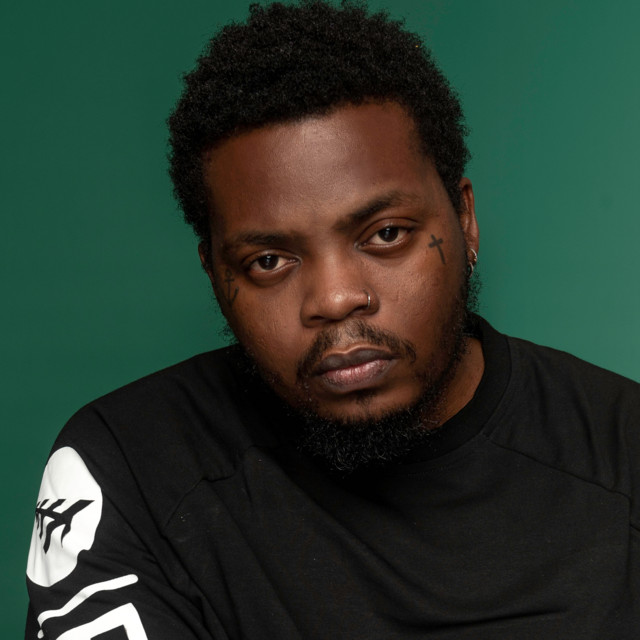

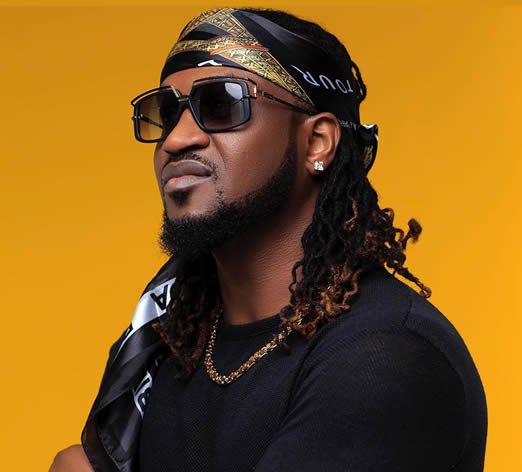
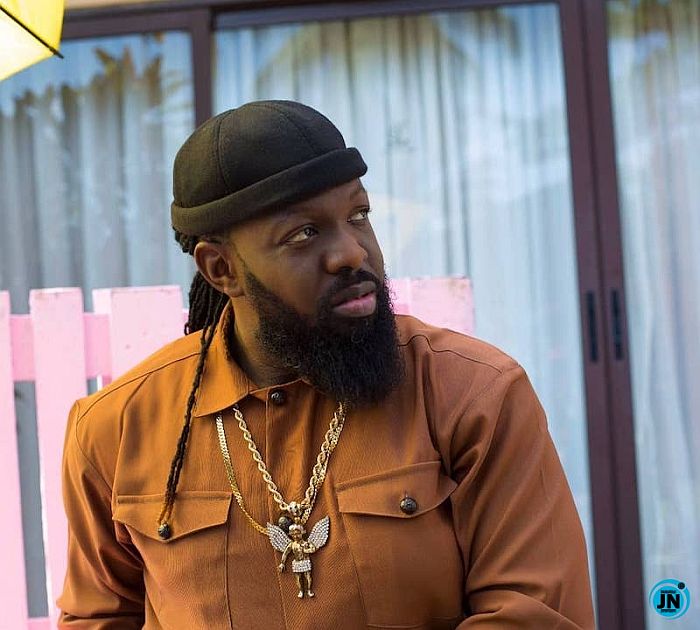


Be the first to comment